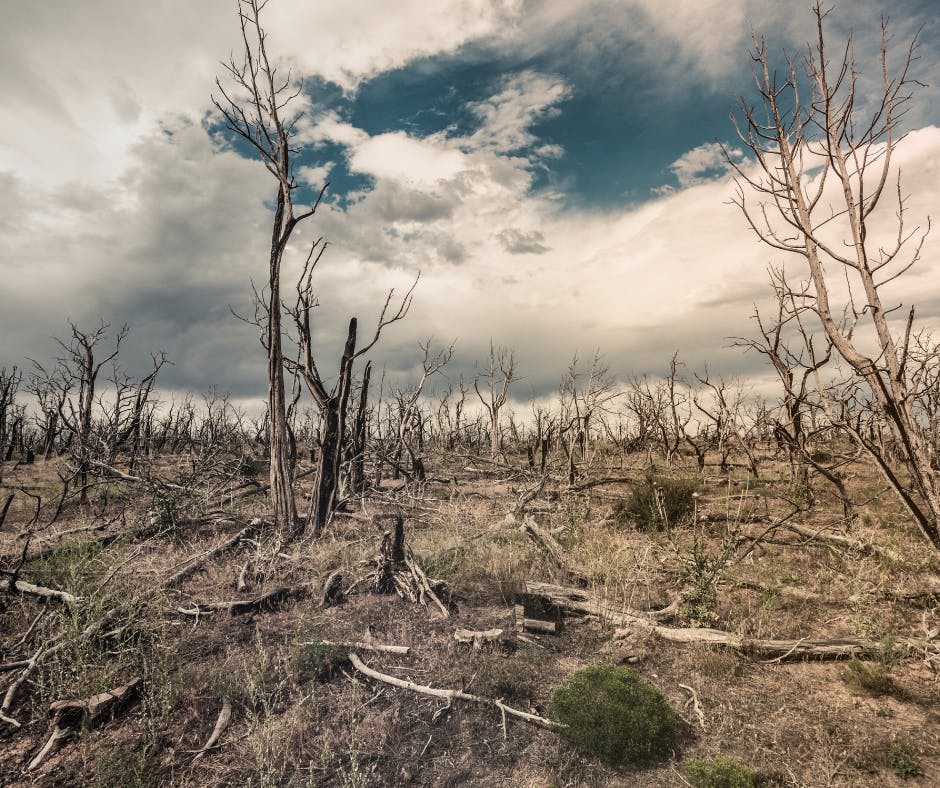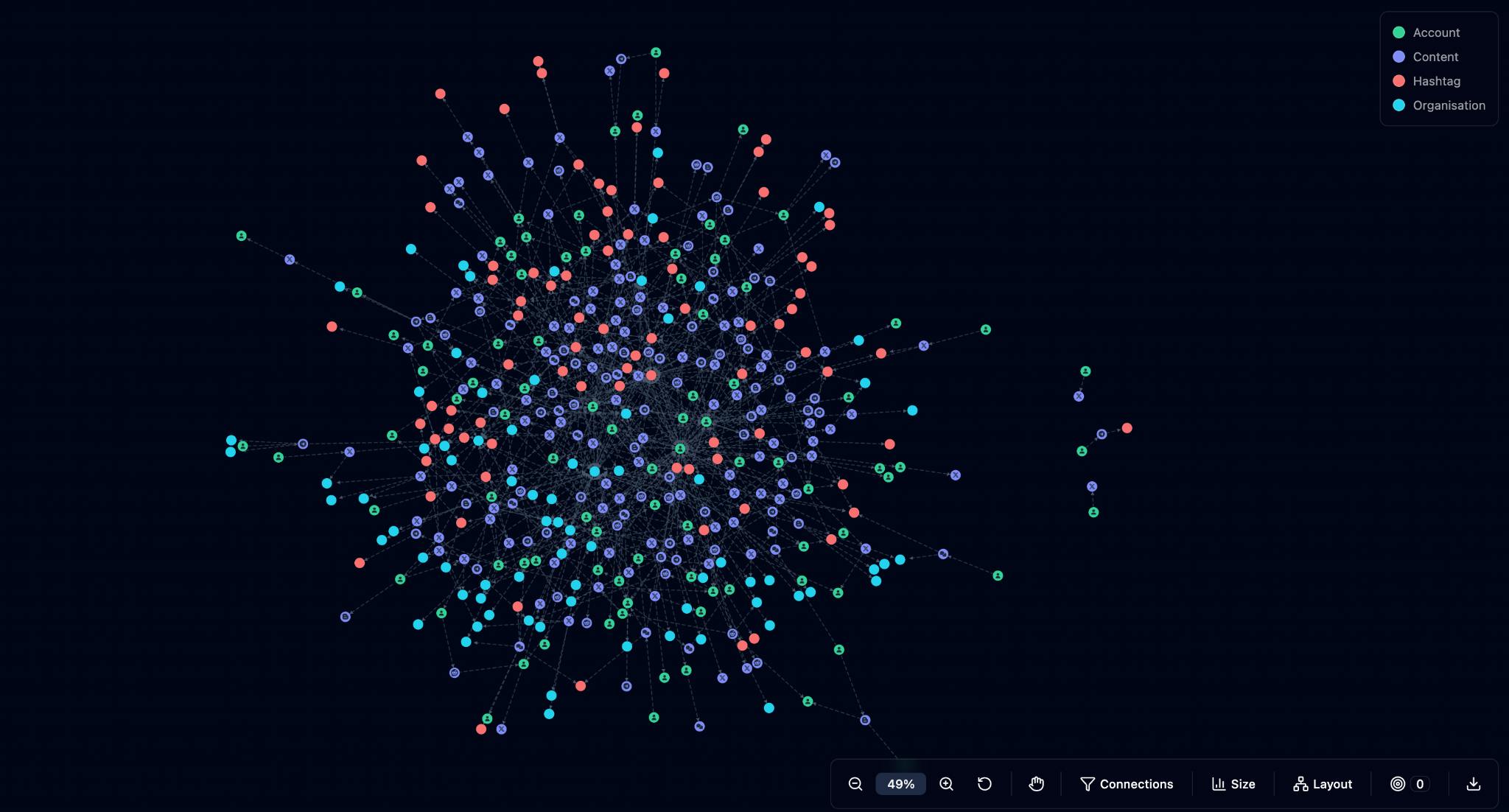Aerospace & Defense: Safeguarding the Skies with Intelligence-Driven Resilience
Identify reputational risks tied to supply chain complexity, global exposure, and evolving geopolitical pressure.
Safeguard Reputation. Detect Narrative Pressure. Respond with Confidence.
Request a demoToday’s supply chains aren’t just physical—they’re public. From delays and recalls to sourcing scrutiny or ESG backlash, the way your operations are discussed online can be as disruptive as the risk itself.
With rising stakeholder scrutiny, politicised backlash, and digitally amplified boycotts, manufacturers need more than social listening. They need foresight—especially when reputations, markets, and teams are on the line.
Logically’s AI platform gives manufacturing leaders early insight into narrative pressure—spotting misleading commentary, backlash movements, and public signals tied to outages, pricing, sourcing, or staff visibility. Our platform cuts through noise, classifies threats by type and trajectory, and provides context-rich intelligence to act fast and smart.
We don’t just flag mentions—we identify boycott-specific intent, classify severity, and show how campaigns evolve across fringe and mainstream platforms.
We analyse how stories around your brand are gaining traction—especially around recalls, DEI, climate, or pricing—so you can step in before the narrative takes over.
You get more than alerts. We tell you what’s at risk—brand trust, investor confidence, or staff safety—and where it’s showing up, helping comms and leadership prioritise fast.
From labour strikes and climate disruptions to sourcing controversy, we surface the conversations shaping customer loyalty, shareholder sentiment, and public trust.
When individuals are mentioned in threatening or politicised contexts, Logically helps your teams act early—protecting staff wellbeing and organisational integrity.

Identify reputational risks tied to supply chain complexity, global exposure, and evolving geopolitical pressure.
Monitor backlash tied to automation, electrification, and emissions. Align your brand with where the market’s narrative is headed.
Spot safety concerns, strike-related sentiment, or activist-driven commentary before it escalates to reputation damage.
Track innovation positioning, ESG-related brand mentions, and competitor narratives shaping market perceptions.
Monitor sustainability conversations, sourcing scrutiny, and backlash around industrial regulation or transparency gaps.
Detect concerns around food safety, working conditions, or sustainability claims—before they reach the shelf or the media.
Spot misleading claims, boycott mentions, and supplier criticism before they affect investor confidence or brand value.
Track the lifecycle of boycott efforts—who's behind them, how they're spreading, and how much risk they carry.
Logically tracks how incidents are being framed publicly—so you can shape the story, not chase it.
Public narratives around operational stability, ESG credibility, and leadership decisions impact value. We help you stay ahead of market-moving perception.
Logically’s platform processes billions of data points across social, web, and niche digital spaces. It surfaces the narratives that matter to your organisation—and gives you the clarity to respond before perception becomes loss.
Whether you’re facing brand scrutiny, supply chain instability, or risk to team safety, we help you act early, communicate confidently, and stay focused on what matters most: continuity, credibility, and control.
With advanced AI-driven research and deep subject-matter-expertise, Logically provides in-depth foresight to address today’s most pressing information challenges. Explore some of our investigations to see the power of Logically’s intelligence in action.

AI on the Record is a conversation series for leaders navigating an era where artificial intelligence shapes markets, narratives, and national security. Hosted by Jennifer Woodard, VP of AI at Logically and former AI founder and EU advisor, the series brings together voices from policy, enterprise and civil society to unpack where influence is going, how AI is being governed, and what decision-makers should be paying attention to next when it comes to the information environment.



Talk to us about protecting your brand from reputational volatility, narrative threats, and public backlash. Logically equips manufacturing leaders with intelligence that’s precise, contextual, and built for real-world action.
Case Study: Early detection of coordinated backlash around DEI policies →
Case Study: Crisis narrative management during a global outage →